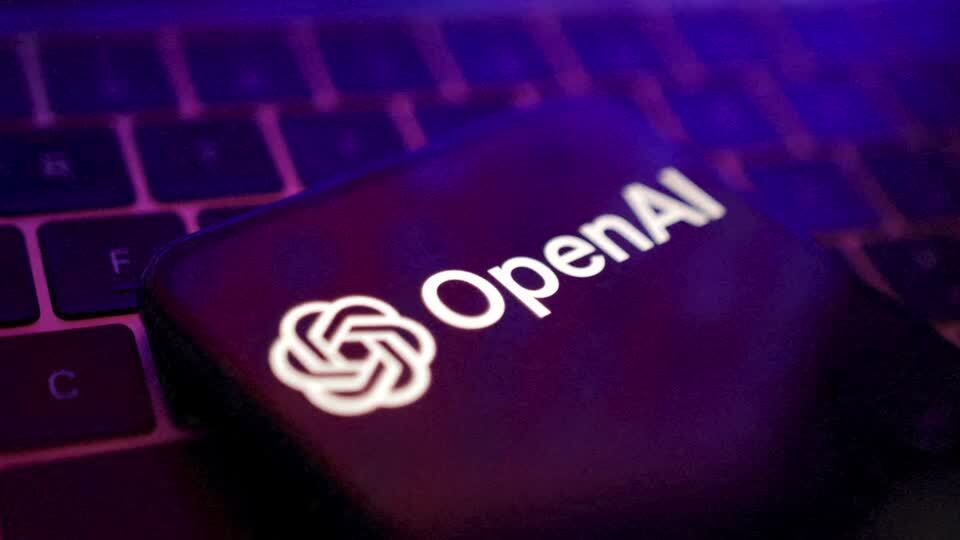A small group of artificial intelligence pioneers affiliated with Google (GOOGL.O) received Nobel Prizes in physics and chemistry this week, sparking debate about the company’s research dominance and how computer science breakthroughs ought to be recognized. Google faces competitive pressure and regulatory scrutiny.
Google has been at the forefront of AI research, but it has been forced to defend itself against competition from Microsoft-backed (MSFT.O), opens new tab OpenAI, and the Department of Justice’s growing regulatory scrutiny.
Along with US biochemist David Baker, Demis Hassabis, a co-founder of Google’s AI division DeepMind, and John Jumper, a colleague, were presented with the chemistry Nobel Prize on Wednesday for their work decoding the structures of microscopic proteins.
In contrast, Geoffrey Hinton, a former Google researcher, was awarded the physics Nobel Prize on Tuesday alongside John Hopfield, a scientist from the United States, for early machine learning discoveries that paved the way for the AI boom.
Google’s Nobel laureates stoke controversy regarding AI research.
Keep Reading
Add A Comment



